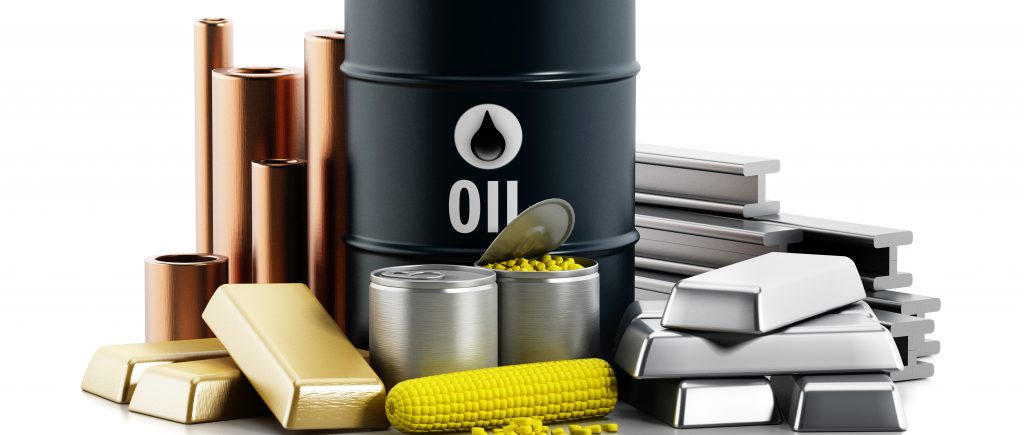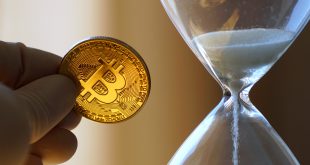Any Russian incursion into Ukraine would have far-reaching economic repercussions for global economies. There will be surely winners and losers. In this particular crisis, China will likely benefit from diversion of Russian exports.
Energy
Sanctions on Russian gas by the United States and its allies could pay dividends for China, the world’s biggest oil importer and fourth-biggest oil producer,
Russian energy is a key driver of economic growth and three of Russia’s top 10 trading partners, including China, are located in Asia and it looks unavoidable that Brent crude will test $100 a barrel sooner rather than later
Oil prices have been rising steadily all year as the potential for conflict in Eastern Europe has escalated. Russia is the world’s third-largest producer of petroleum and other liquid fuels and sanctions against the country would almost certainly drive oil prices even higher.
Predictions on economic winners and losers from an escalation of the crisis take into account Russian President Vladimir Putin’s recognition of two breakaway regions in eastern Ukraine and his order to troops into the areas to maintain peace.
Surging fuel prices will deal a harsh blow to economic growth in many parts of Asia which accounts for about 35 percent of global oil consumption but just 8 percent of its production.
Economic Shock
India is likely a loser in this game, as the world’s third-largest oil importer, would be among the countries susceptible to a major economic shock.
India has a lot of economic difficulties already, and if oil prices further surge the Indian economic growth will be hurt, particularly during the current recovery after two big waves of COVID which hit the Indian economy hard.
India’s permanent representative to UN, on Tuesday said the crisis is a “deep concern” with the “potential to undermine peace and security of the region,” and called for “greater efforts to bridge divergent interests.”
South Korea’s president Moon Jae-in expressed concerns the economic impact could be substantial and said his government needed to act quickly to ensure disruptions to energy supplies, grains, and raw materials were limited. The South Korean leader also called for Ukraine’s sovereignty to be respected.
Japan has condemned Moscow’s actions as a violation of Ukraine sovereignty and indicated it will join the US if it imposes sanctions. A stronger yen is also on the cards for the world’s third-largest economy, with the currency seen as a safe haven for risk averse investors.
As for Europe, there is going to be a reshuffling of Russian imports from the EU, which used to be its biggest trading partner before Crimea, towards China.
Exports of fuel are expected to be earmarked for Europe, in particular, to be diverted to the world’s second-largest economy, although this would take some time, with the Power of Siberia 2 gas pipeline connecting Russia and China, still some way off.
Fuel is just one Russian export that is likely to be diverted, with markets for manufactured goods and machinery that would have been sent to countries such as Germany also needing to be found.
All of that is going to go to China because of potential sanctions, that’s exactly what happened with Crimea so it’s a plus for China in terms of diverting exports from Europe to China.
Hedge against uncertainty
Southeast Asia might also benefit from a diversion of capital. There may be some investment coming from the West into Southeast Asia as a sort of hedge against uncertainty in Eastern Europe.
Any such boost could be some way off, however, with markets across Asia tumbling on Tuesday amid the escalating threat of war. Economic relationships may also need to be redefined in the fallout of any armed conflict.
China would likely take a bigger role in joint projects between itself and its northern neighbour, with a liquefied natural gas (LNG) production project in the Arctic, in particular, likely to be the beneficiary of more Chinese investment.
Russia was for a long time trying to avoid China’s excessive participation in that project but that is going to happen because Russia will not be able to finance it alone.
A protracted conflict in Eastern Europe could also see smaller Asian nations being more accommodative to China with regard to trade agreements as Western nations were distracted by the conflict.
During that time China is going to try to strengthen its linkages with the rest of Asia including certainly Central Asia and Russia and China will push aggressively. The key question is what it will do with India, and how India is going to react.
Chinese Foreign Minister Wang Yi gestures while speaking during a news conference. China could benefit from the diversion of Russian exports if sanctions are imposed on Moscow. It would depend on how far Russia goes and how the international community responds.
If markets see economic sanctions from the Americans or the Europeans that can have sort of knock-on effects on countries like India, they will have to work out some means for managing those sanctions regimes. This could also present problems for India’s national security.
India is quite dependent on Russian defense technology so it has to be able to pay for that in some way or another and if it can’t pay for it through the normal banking channels then it’s going to struggle. The crisis would push more investors in the region to put their money into more stable, low-risk assets.
Gold
Gold price could surge because it is a natural asset to go to for the local population. As a stagflation/inflation hedge, or as a hedge against uncertainty, gold appears expected to come into its own and a retest of the previous all-time highs near US$2100 an ounce cannot be ruled out.
Hedging against inflation, however, may be easier said than done. A full-scale invasion of Ukraine would leave many central banks with itchy hiking trigger fingers in a quandary. Interest rates would be left unchanged despite an exacerbation of the rampant inflationary pressures globally as oil hits $130.00 plus a barrel.
Volatility
Volatility will continue to be the winner, as will the US dollar and gold, and global stagflation could be the fait accompli for some time to come.
 Noor Trends News, Technical Analysis, Educational Tools and Recommendations
Noor Trends News, Technical Analysis, Educational Tools and Recommendations





